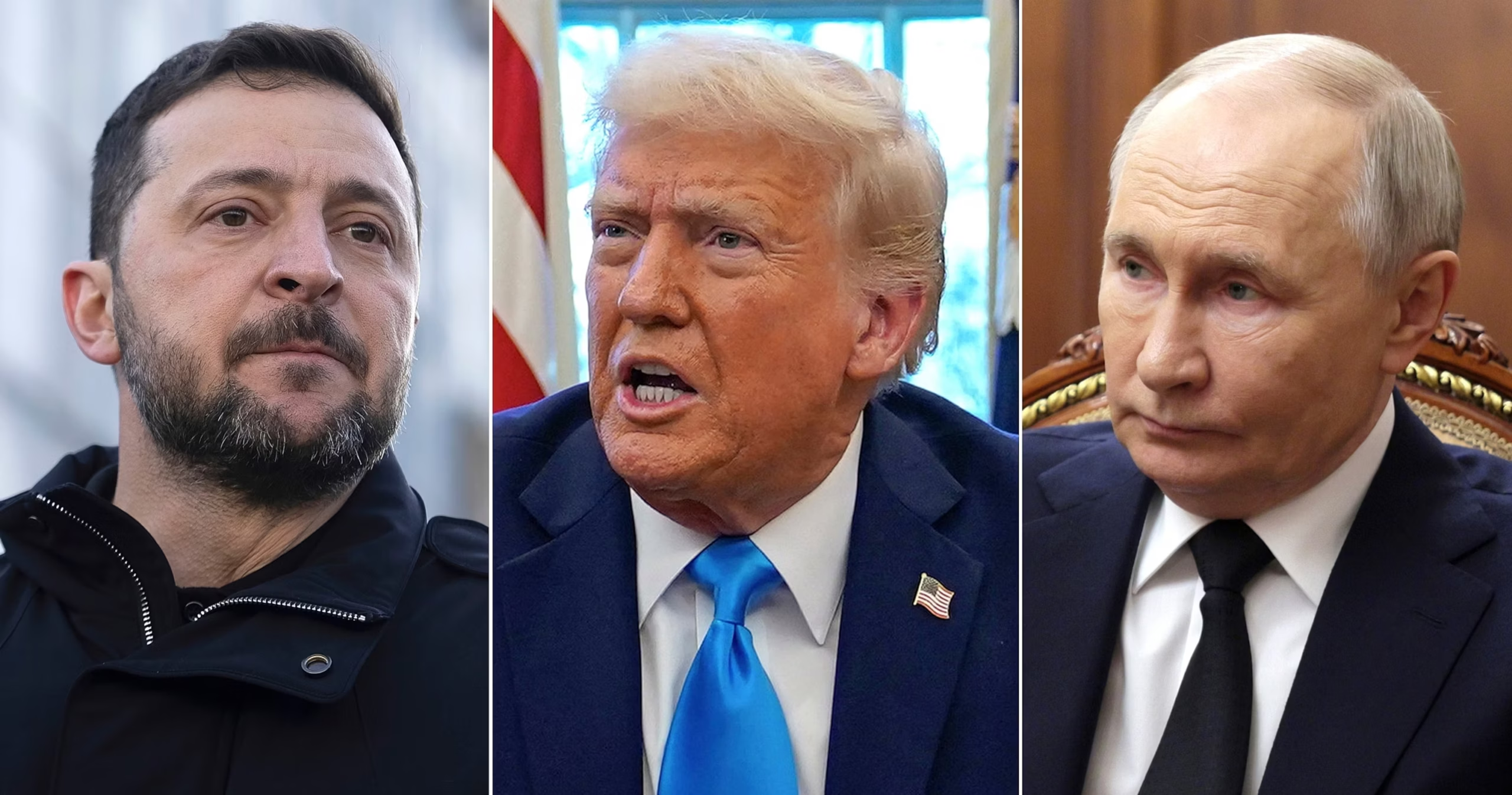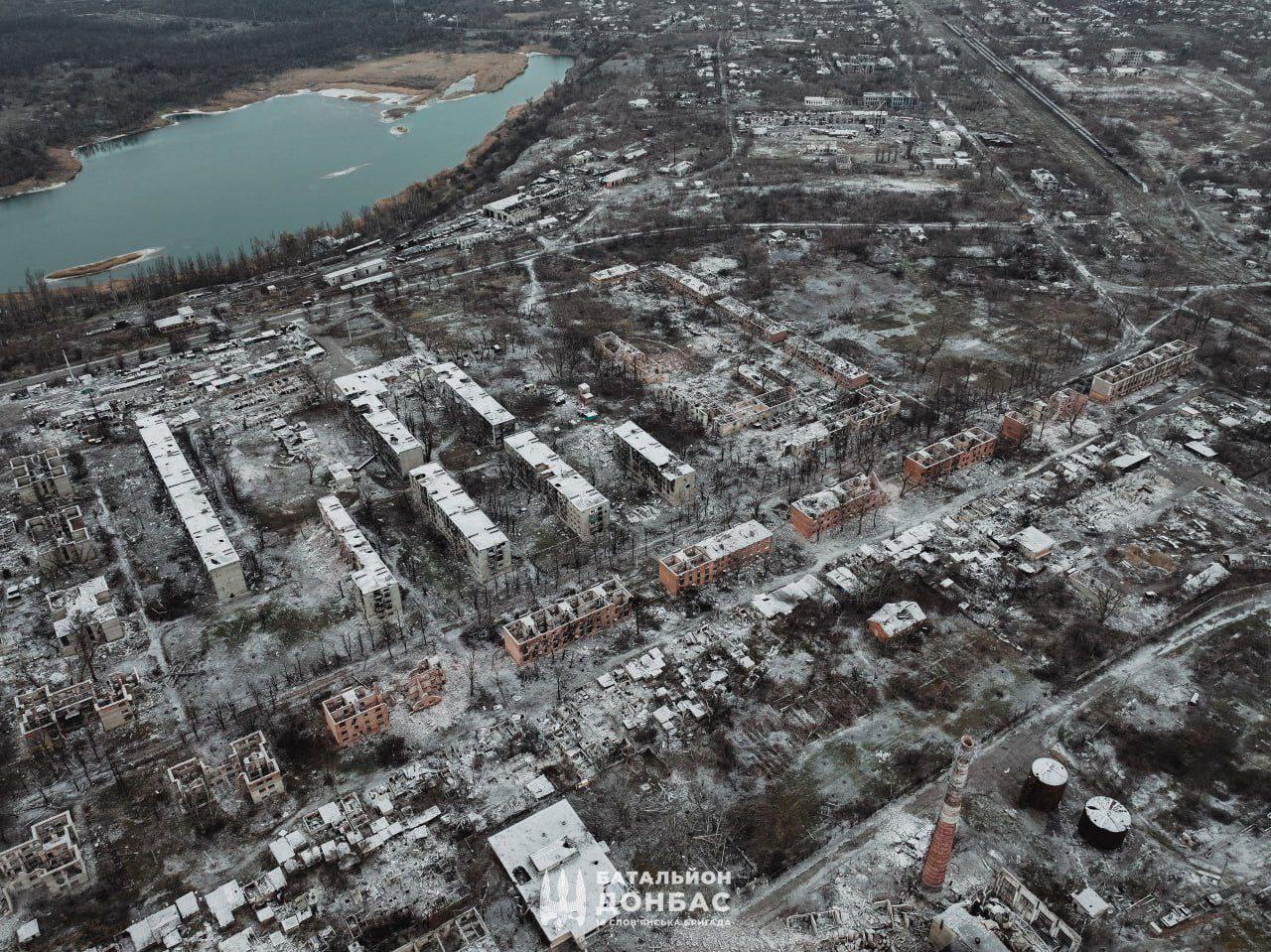Already a subscriber? Make sure to log into your account before viewing this content. You can access your account by hitting the “login” button on the top right corner. Still unable to see the content after signing in? Make sure your card on file is up-to-date.
President Donald Trump and Russian President Vladimir Putin held a two-hour phone call over Russia’s ongoing war in Ukraine.
Some shit you should know before you read: Shortly after President Trump returned to office, he tapped his longtime friend Steve Witkoff as a special envoy to initiate informal talks with Russia over the war in Ukraine. Witkoff has met with senior Kremlin officials, including President Putin himself, in an effort to broker a framework for a temporary ceasefire. Initial discussions centered on a proposed 30-day ceasefire tied to a temporary pause in Western military aid to Ukraine — a concept Russia showed early interest in. However, by early April, the talks unraveled after Russian negotiators reintroduced sweeping demands, including Ukraine’s withdrawal from disputed territories and formal recognition of Russia’s annexations, conditions Kyiv deemed unacceptable.

What’s going on now: According to the White House, Trump’s call with Putin was a two-hour conversation that sought to revive stalled negotiations to end the war in Ukraine. Trump said on Truth Social that the call “went very well,” and announced that “Russia and Ukraine will immediately start negotiations toward a Ceasefire and, more importantly, an END to the War.” He also stated that “the Vatican, as represented by the Pope, has stated that it would be very interested in hosting the negotiations,” adding, “Let the process begin!”
For his part, Russian President Vladimir Putin characterized the call as “meaningful and frank,” while reiterating that Russia is willing to work with Ukraine on a “memorandum for future peace talks.” Speaking in Sochi, Putin said, “We have agreed with the president of the United States that Russia will propose and is ready to work with the Ukrainian side on a memorandum on a possible future peace accord, defining a number of positions.” However, he stopped short of agreeing to the US-backed 30-day unconditional ceasefire, instead stressing that talks must address what he called the “root causes” of the war.
Ukrainian President Volodymyr Zelenskyy, who was briefed shortly after the call, expressed cautious support for renewed talks but reiterated that Kyiv would not accept any deal that undermines its sovereignty. In a statement, Zelenskyy said Ukraine is ready to engage in negotiations “in Turkiye, Switzerland or the Vatican,” and added, “It is not necessary to convince Ukraine, and our representatives are prepared to make real decisions in negotiations. What’s needed is a mirrored readiness from Russia.”
Speaking at a press conference, Zelenskyy added, “I asked [Trump] not to make any decisions about Ukraine without us. These are matters of principle for us and very important.” He also warned that if Russia continues to make “unrealistic” demands — including Ukrainian troop withdrawal from occupied regions — then “stronger sanctions must be imposed.”
This all comes as Vice President JD Vance expressed skepticism just hours before the Trump-Putin call, telling reporters in Italy, “We realize there’s a bit of an impasse here. And I think the president’s going to say to President Putin: ‘Look, are you serious? Are you real about this?'” Vance suggested the US was prepared to walk away if Russia showed no real willingness to negotiate: “It takes two to tango. I know the president’s willing to do that, but if Russia is not willing to do that, then we’re eventually just going to say: ‘You know what? That was worth a try, but we’re not doing any more.'”







